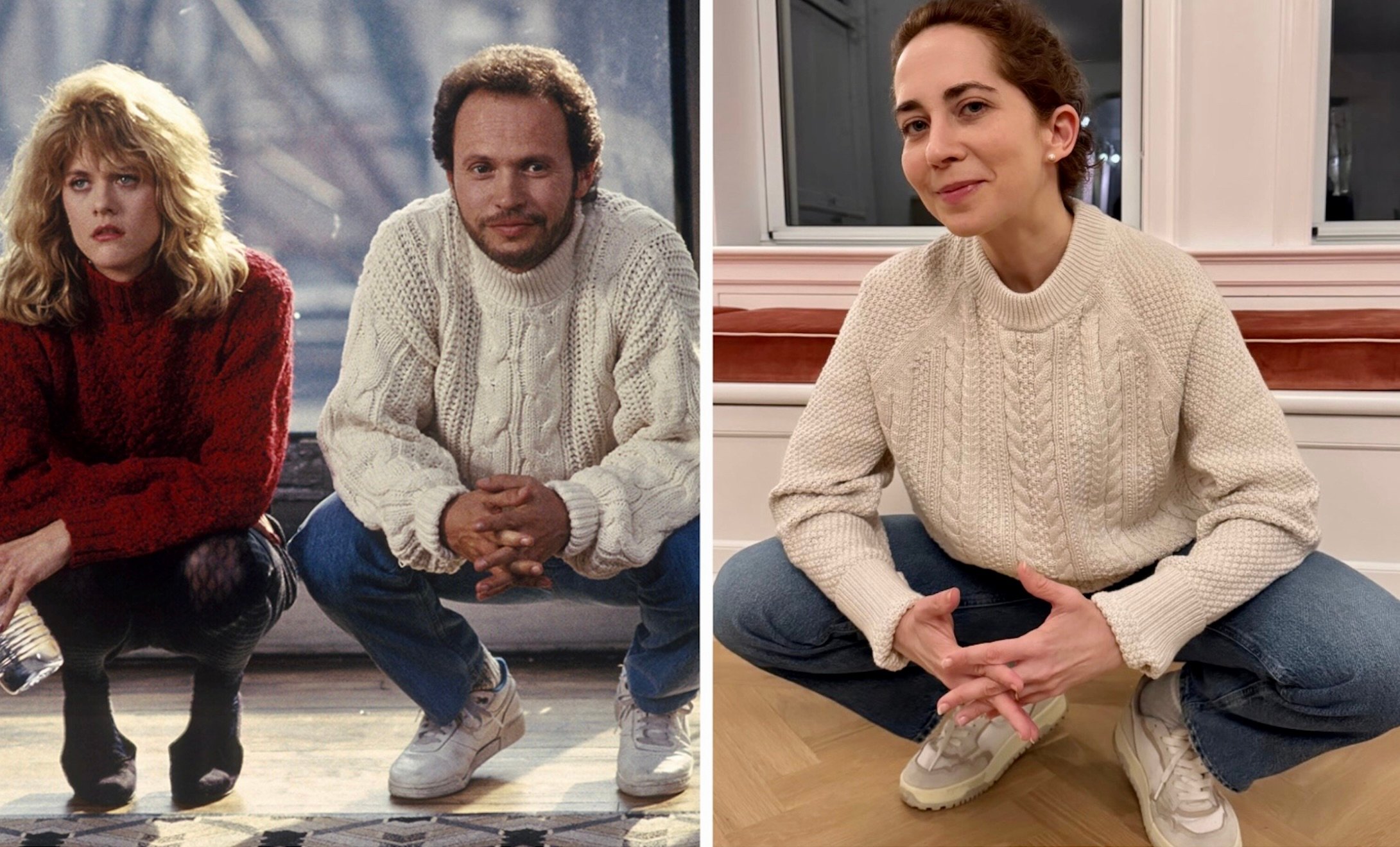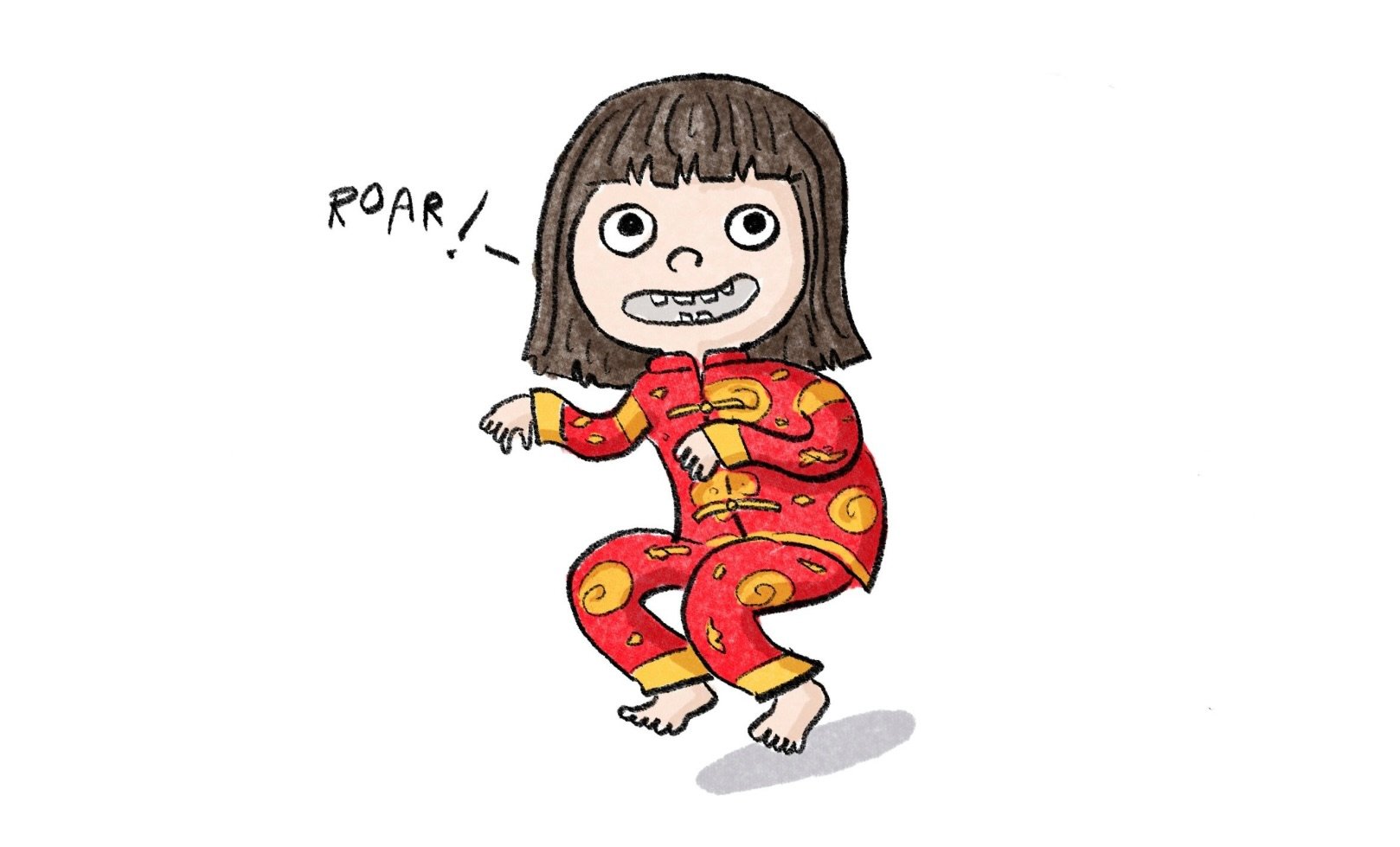How a Mindfulness Retreat for BIPOC Helped Me Find Hope
When youth worker Troy Landrum struggled with burnout and imposter syndrome, a mindfulness retreat for educators that are Black, Indigenous, and People of Color helped him find his way back to himself and his community. The post How a...

When youth worker Troy Landrum struggled with burnout and imposter syndrome, a mindfulness retreat for educators that are Black, Indigenous, and People of Color helped him find his way back to himself and his community.
By Troy Landrum January 15, 2025 CompassionA year ago, exhaustion decorated my bones like a graffiti-tattered wall. For 10 years I had worked in youth development and education, specifically focused on young people who were incarcerated or marginalized in another way. I had struggled with bouts of secondhand trauma, survivor’s guilt, and hopelessness for the future of our young folks. I had seen the struggles of these young people as they tried to survive a justice system and various institutions that are not made to meet their needs. All of this work had led to deep emotional wear and tear as I sacrificed myself to the point of burnout.
During that time, I advocated and supported young people and their families through the legal system, employment, education, and mentored them through hardship. At the time, I wasn’t ready to recognize that, just as their motivation and hope had to come from within them, my motivation and hope had to come from within me. That sense of hope moves us to seek out the help and support that we need, to be honest with others and ourselves about our personal struggles, to believe in the sense of community that will bring about healing, and to act on our plans for our futures. I knew my job was to remind young people that they are the captains of their ships and the writers of their own stories. It was vital for them to be surrounded by a village that would support them to believe this about themselves and help them live into that belief. I wasn’t ready to see that the same was true for me.
I knew my job was to remind young people that they are the captains of their ships and the writers of their own stories. It was vital for them to be surrounded by a village that would support them to believe this about themselves and help them live into that belief. I wasn’t ready to see that the same was true for me.
Then I went to my first meditation retreat for Black, Indigenous, and People of Color (BIPOC) educators with the non-profit Space Between, which supports schoolchildren by integrating mindfulness practices into school communities.
Taking My Place at the Retreat
As I prepared myself for the retreat and a full day of reconnecting to my body, I hoped I’d find a sense of optimism I’d lost to feel better prepared to continue the work of educating young people. At first, I questioned my right to take up space in a place for educators, a role that I felt to be sacred.
I grew up in a family full of teachers and principals, so I understand the commitment of these roles. To me, an educator meant a teacher, professor, or an administrator—someone committed to specifically educating youth and preparing them for higher education. As a youth worker who went in and out of these young people’s lives—staying just long enough to get them out of trouble or to complete an internship—I felt like an imposter. From the stories I had heard from my mother and grandmother after full days in the classroom, I felt that my work didn’t compare. I was exhausted, but they had it worse.
It was a place that I could instantly lay down whatever heaviness I had brought with me on the yoga mats and bean bags. I felt an instant peace.
It was a Saturday morning when I walked into the retreat and was greeted by the smell of coffee and the smiles of some familiar faces. I felt a warmth that I think only BIPOC people could recognize, a silent language that gives a nod of recognition that we are in a similar fight to be seen as fully human in society. It was a place that I could instantly lay down whatever heaviness I had brought with me on the yoga mats and bean bags. I felt an instant peace.
The facilitators gave us time to eat snacks, connect with other folks, and get situated for a day of connection with fellow sojourners, to ourselves, and to the present moment. We sat down in a big circle of about 10 people from all across the state of Washington and took turns introducing ourselves. I went last. As everyone presented their occupations, their exhaustion, their burdens, the imposter syndrome rolled off of me like beads of sweat in a sauna.
Reconnect With Love
The time we spent together was a meditative rest for our souls, between the sweet rhythmic sounds of singing bowls, meditative walks, the connectedness of our weary voices through profound conversations. It turned out to be a place for those who self-identified or wanted to identify as lights in dark tunnels for others. Here, I understood that there are so many different contacts with young people, so many different ways of connecting oneself to education, so many ways of defining “educator.” The retreat wasn’t exclusionary; it was a place for those who needed to be reminded of the light that they had inside them.
We had all come to the retreat exhausted, no matter our occupations or connection to educating young people. I’d worn that exhaustion like a badge of honor. Maybe it was to prove that I belonged, or maybe it was a symptom of the myriad injustices society has placed on BIPOC folks, to live our lives as the burden bearers of a system we never created.
What this time brought to me was revolutionary to my mind, body, and soul. That day whispered into my ears and said, “Rest and bring all of who you are, no matter who you are. Live out this day and the rest of your days loving yourself, nurturing yourself, listening to yourself so that you may love others just as you love yourself and serve as a reminder of that love for those around you.”

 Fransebas
Fransebas 
































